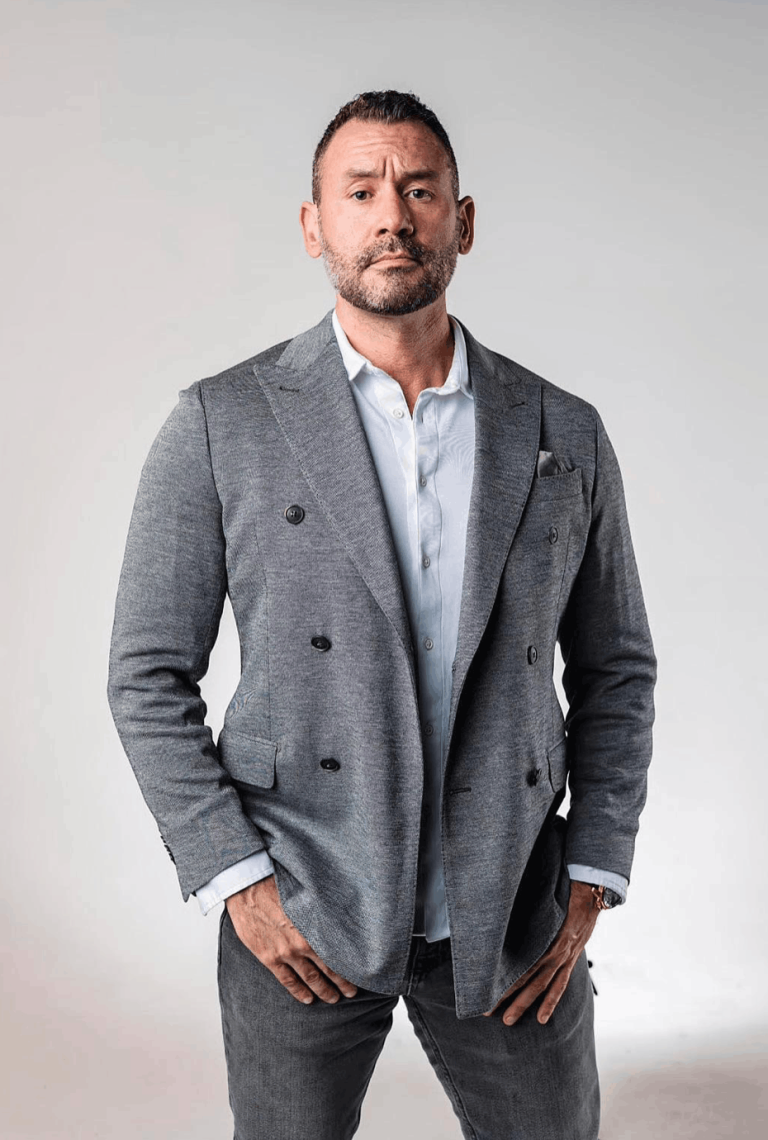
In life and business, survival and success depend on the ability to adapt, evolve, and recover. All three are necessary for companies as markets can change, a business might find it does something else much better, and unforeseen factors can cause the need to bounce back from adversity. This discipline is modeled daily by small businesses growing, learning, and finding underserved market areas.
Small and medium-sized businesses adapt faster and find the customers that the large companies have left behind, either because they didn’t consider them profitable enough or thought they didn’t fit their demographic. In either case, a large, less nimble company has failed to see an opportunity.
Companies that dominate industries suffer from the most significant problem impacting businesses; hubris. Small firms don’t have that luxury as they maneuver rapidly to take a small bite out of the whale, taking customers with each one. Humility and nimbleness help the shark nibble away.
Disruption Requires Adaptation
Disrupters nibble away by adapting as they find neglected customers, take them, and make them more profitable.
The founder of Canopy Growth Corporation, Bruce Linton, has taken multiple startups to be “unicorns”; companies with a $1 billion market cap or more by finding new segments and solutions. Much of his success is the ability to take undesirable topics and ask how they can be managed and discussed.
He asks questions such as, “If we can use cannabis as a way for cancer patients to have an appetite to prompt eating, why can’t we engineer a strain that suppresses hunger.” Essentially, Bruce lets his mind run wild to ask questions that haven’t been asked before.
What Do You Do When You Find Something You Do Better? Evolve
Disruptive companies often find that what they thought they’d do well isn’t necessarily their forte. While rapidly adapting to a market, companies that are the nimble sharks often find that biting the whale from another area produces bigger bites.
Evolution works so that a company might start with a system they find superior to other options on the market but are also smart enough to dump “what’s working” when a more profitable or more efficient way of doing things is found. Another reason they drop one product or service is stumbling upon something that better serves the customer, thus increasing business volume and business value.
Senior Portfolio Manager and Senior Wealth Advisor, Thane Stenner, of Stenner Wealth Partners+ at Canaccord Genuity Wealth Management has built a successful career advising ultra high-net-worth families and entrepreneurs with at least $10+ Million of investment capital, or $25+ Million net worth. In his monthly podcast, Smart WealthTM with Thane Stenner, produced by BNN Bloomberg Brand Studio, he explores familial wealth and the dynamics of succession planning.
“My clients have become successful mostly due to their ability to ask questions rather than give orders. While they know they work harder, they also work humbly. They understand the contributions of others in the organization and involve them in finding what they do better and evolving. The old saying about not fixing what isn’t broken goes against everything they do.”
Evolving companies realize that something doesn’t have to be broken to be replaced. It only needs to be not quite as good as something just discovered. Discovering new ways of doing things is where the giant whale struggles.
Recovery Isn’t Only Possible but Makes You Better
We’ve all heard that what doesn’t kill you only makes you stronger. With great businesses, what doesn’t kill them doesn’t just make them stronger but also more innovative and nimble. The economy can go through a rough patch, customers can change, or exigent events can impact product supply; regardless of the cause, getting back up and recovering fosters even better businesses.
Tough times might be the one-time large companies reassess their business plan, but nimble companies do it better and quicker. The standard strategy adjustment for large companies is to reduce costs, usually shuttering less profitable aspects of their business and cutting their payrolls. Nimble companies that recover the best will promote their advantages, adapt with the customer, and become more efficient.
The recovery process can be when nimble companies take larger bites out of the slower whale and prepare for more remarkable growth at the end of the down cycle.
The 1966 Brazilian soccer team lost the first round of the World Cup, even with legendary Pele on the team. It was safe to say that recovery was necessary, which is what the team undertook. In the 1966 game, frequent and fragrant fouling against the star player had him threatening never to return; instead, the team stayed nimble, reassessed its style of play, and created a new attack style. The team took the opportunity to foster greater cohesion, learn, and grow. As a result, it prevailed in the 1970 World Cup, Pele was named the player of the tournament, and the team is now widely regarded as the best soccer team of all time.
Recovery is a chance for nimble businesses to utilize their skills in adapting and evolving to go from surviving to thriving. They don’t use the large company tactic of cutting. Instead, they get better, and the shark takes bigger bites out of the whale.
Lackluster businesses stick with what they know, fail to see market changes, miss customer segments, and focus on surviving instead of thriving. Great companies stay humble, value ideas, and adapt, evolve, and recover. They keep taking bites out of the whale.





